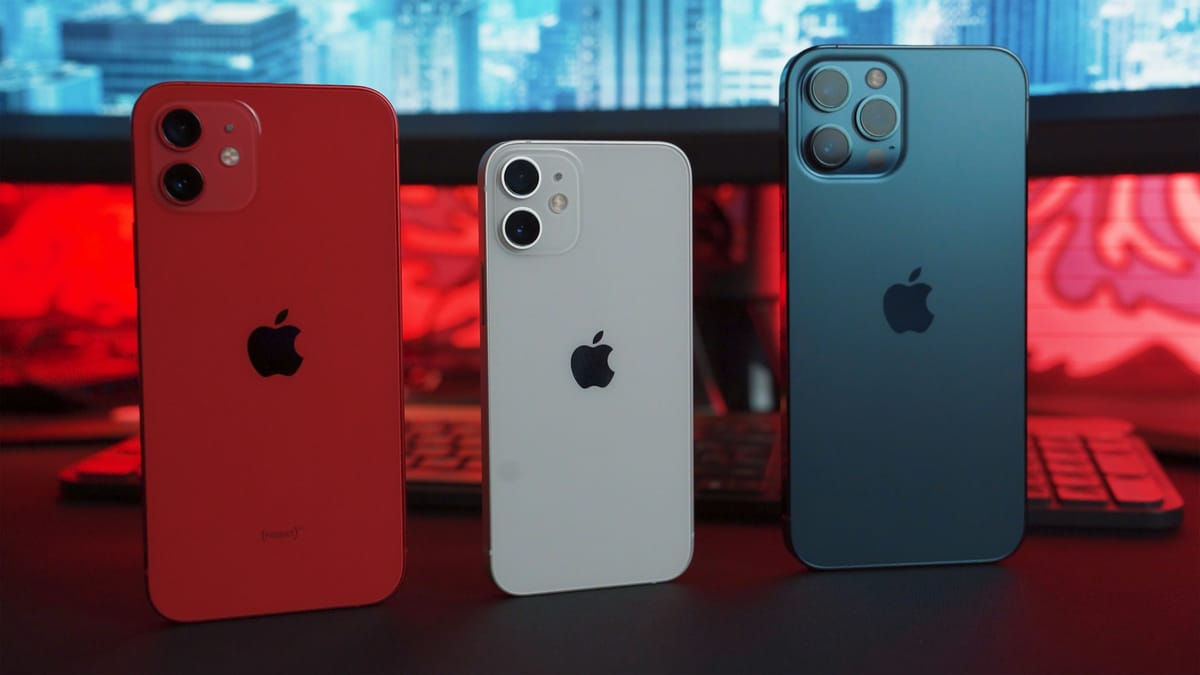Apple Quietly Introduced iPhone Reboot Code Which is Locking Out Cops
Apple Quietly Introduced iPhone Reboot Code Which is Locking Out Cops

Apple Quietly Introduced iPhone Reboot Code Which is Locking Out Cops

Apple quietly introduced code into iOS 18.1 which reboots the device if it has not been unlocked for a period of time, reverting it to a state which improves the security of iPhones overall and is making it harder for police to break into the devices, according to multiple iPhone security experts.
On Thursday, 404 Media reported that law enforcement officials were freaking out that iPhones which had been stored for examination were mysteriously rebooting themselves. At the time the cause was unclear, with the officials only able to speculate why they were being locked out of the devices. Now a day later, the potential reason why is coming into view.
“Apple indeed added a feature called ‘inactivity reboot’ in iOS 18.1.,” Dr.-Ing. Jiska Classen, a research group leader at the Hasso Plattner Institute, tweeted after 404 Media published on Thursday along with screenshots that they presented as the relevant pieces of code.


Law enforcement shouldn't be able to get into someone's mobile phone without a warrant anyway. All this change does is frustrate attempts by police to evade going through the proper legal procedures and abridging the rights of the accused.
Yep! The police, being fascists, HATE this.
well it's kind of a selling point. I'm just too used to using android, though.
Edit - there's something for that too, cool!
You can enable lockdown mode. It forces the next unlock to ignore biometrics and require a pin, which police cannot force you to divulge without a warrant. Once enabled, you get a "lockdown mode" option in the menu when you hold down your power button.
You can use GrapheneOS, a security-focused version of Android which includes auto-reboot, timers that automatically turn off Wi-Fi and Bluetooth after you don't use them for a certain period of time, a duress PIN/Password that wipes all the data from your device after it's entered, as well as many other incredibly useful features.
It's fully hardened from the ground up, including the Linux kernel, C library, memory allocator, SELinux policies, default firewall rules, and other vital system components.
I'm the only guy in my (small) friend group who still used pattern code instead of fingerprint so I take that to mean my phone is by default more difficult to break into than most. Giving my fingerprint to a giantic tech firm has always seemed like a bad idea so I never did. Though the fingerprint reader acts as a power button too so who knows if they've scanned it anyway.
All current stock Samsung phones can do this too, BTW.
Well, when you confiscate a piece of paper, even without a warrant to read it you can do that physically when it's in your possession, and it's part of the evidence or something, so everyone else can too, so why even fight for that detail.
They just pretended it's fine with mobile computers.
I thought that "fruit of a poisonous tree" is a real principle, not just for books about Perry Mason. /s
So - yes. It's just really hard to trust Apple.
To confiscate anything, unless it's lying openly, you need a warrant.
If a cop sees an unlocked phone with evidence of a crime on it, that doesn't need a warrant. If it's locked and they only have the suspicion of evidence, they need a warrant. Same as with entering a building or drilling a safe.
That argument sounds great until you consider that a piece of paper won't contain almost the entirety of your personal information, web traffic, location history, communications. You may say you could find most of that pre computer era in someone's house, but guess what you would need to get inside and find those pieces of paper...
They usually do have a warrant or it was seized lawfully.
This is about keeping them out even when it's lawful.
Lawyer. Not true.
Example: An officer pulls someone over and suspects them of something arrestable. Then says "Do you want me to get your personal belongings from your car?"
Any person agreeing to this allows them to hold your phone as evidence indefinitely in the US now.
The police can engage in rubber-hose cryptanalysis. In many countries, it's legal to keep a suspect in prison indefinitely until they comply with a warrant requiring them to divulge encryption keys. And that's not to mention the countries where they'll do more than keep you in a decently-clean cell with three meals a day to, ahem, encourage you to divulge the password.